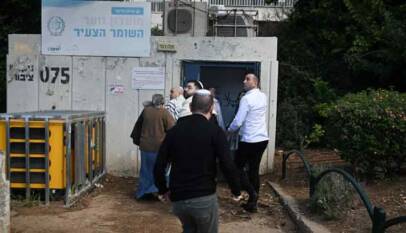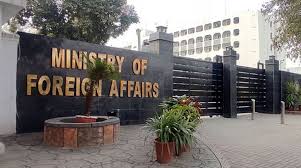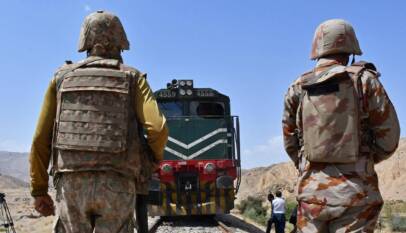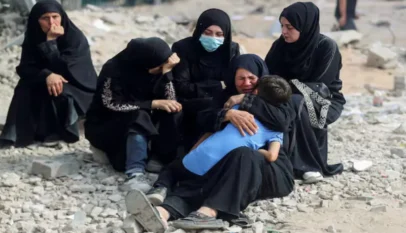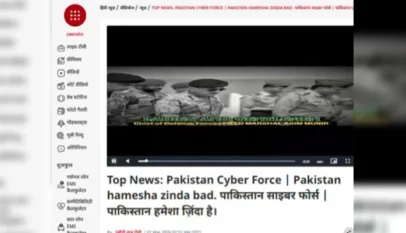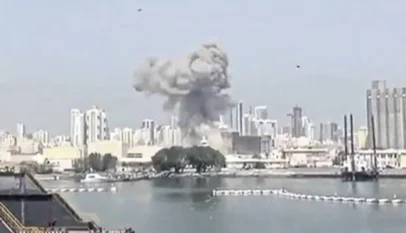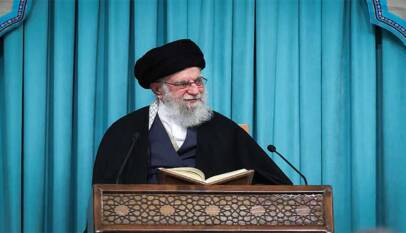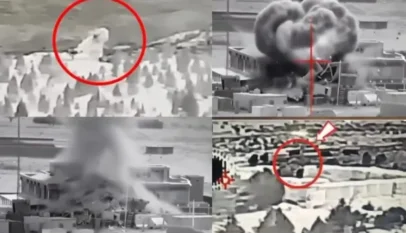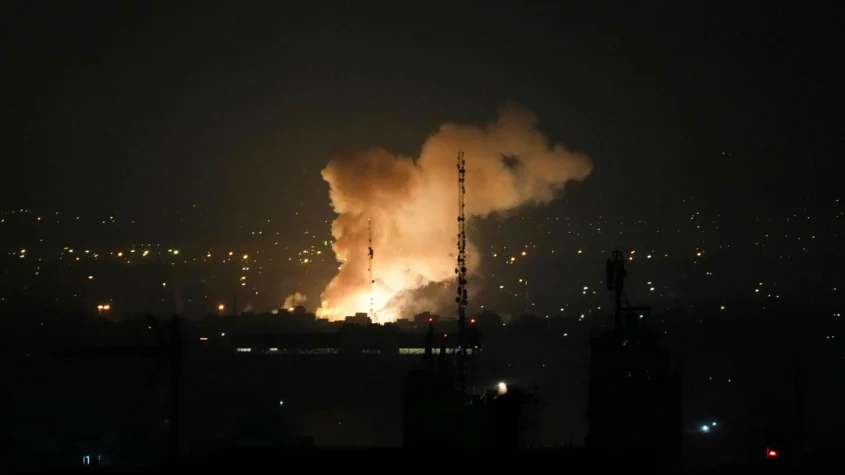
Tensions in the Middle East escalated dramatically on Friday as Iran launched a massive retaliatory strike on Israel, firing over 100 drones in response to an Israeli offensive earlier in the day that targeted critical military and nuclear infrastructure across Iran.
The Israeli operation, described by Prime Minister Benjamin Netanyahu as “Operation Rising Lion,” struck multiple Iranian cities, including Tehran, Kermanshah, and Khorramabad. Israeli officials claimed the attacks were aimed at crippling Iran’s nuclear capabilities and eliminating senior military commanders. Explosions were reported near Iran’s major uranium enrichment site in Natanz, with Iran’s air defence systems responding to waves of incoming missiles.
The fallout from the Israeli airstrikes has been devastating. Iranian state media reported the deaths of several high-ranking officials, including:
-
Major General Mohammad Baqeri, Chairman of the Chiefs of Staff of Iran’s Armed Forces
-
Major General Hossein Salami, Chief Commander of the Islamic Revolutionary Guard Corps (IRGC)
-
Major General Gholamali Rashid, Commander of Khatam al-Anbia Headquarters
-
Nuclear scientists Fereydoun Abbasi and Mohammad Mehdi Tehranchi
-
Numerous civilian casualties, including children, were also reported after residential areas in Tehran were hit.
Iranian state TV confirmed the IRGC’s main command centre in the capital was struck, and that General Salami was among those killed. Defence Minister Mohammad Reza Ashtiani declared Iran’s military was on full alert and vowed a strong, sustained response.
In retaliation, Iran launched a wave of over 100 drones aimed at military targets within Israel. Air raid sirens sounded across the country as Israeli air defence systems scrambled to intercept the incoming threats. The full scale of the damage from Iran’s counterattack is still being assessed.
“We are at a decisive moment in Israel’s history,” Netanyahu said in a video statement. “This operation will continue as long as necessary to eliminate the threat posed by the Iranian regime.”
The conflict has already had global repercussions. Airlines rerouted flights to avoid Iranian, Iraqi, and Israeli airspace amid fears of further escalation. Iraq closed its airspace entirely, and all operations at airports across the country were suspended. Tel Aviv’s Ben Gurion Airport was also shut down until further notice.
Flight tracking services showed numerous commercial aircraft being diverted, including flights to and from Dubai, with some rerouted via Turkey and Central Asia. Aviation analysts warned of increasing risks for civilian aircraft as conflict zones expand across key global corridors.
“The situation is evolving rapidly. Operators should exercise extreme caution when planning routes in the region,” advised Safe Airspace, a flight risk advisory platform.
In Washington, President Donald Trump convened a national security meeting following the developments. Secretary of State Marco Rubio confirmed that the U.S. was not involved in the Israeli operation but stressed that protecting American personnel in the region was a top priority. He also warned Tehran against any attempts to target U.S. assets or forces.
The confrontation marks one of the most dangerous escalations between Israel and Iran in recent history, raising fears of a wider regional conflict with unpredictable consequences. As both sides brace for more strikes, the international community has called for restraint, but so far, diplomacy appears to be taking a back seat to warfare.
Indian News channel hacked, pro-Pakistan content broadcast briefly
(Web Desk) — Indian television channel ABP News was temporarily disrupted after hack…
Politics
Most Popular
CSS Exam 2026: Age Limit Relaxed, Essay Paper Gets New Focus
The Senate Standing Committee on Delegated Legislation has asked the Federal Public Service Commission …

